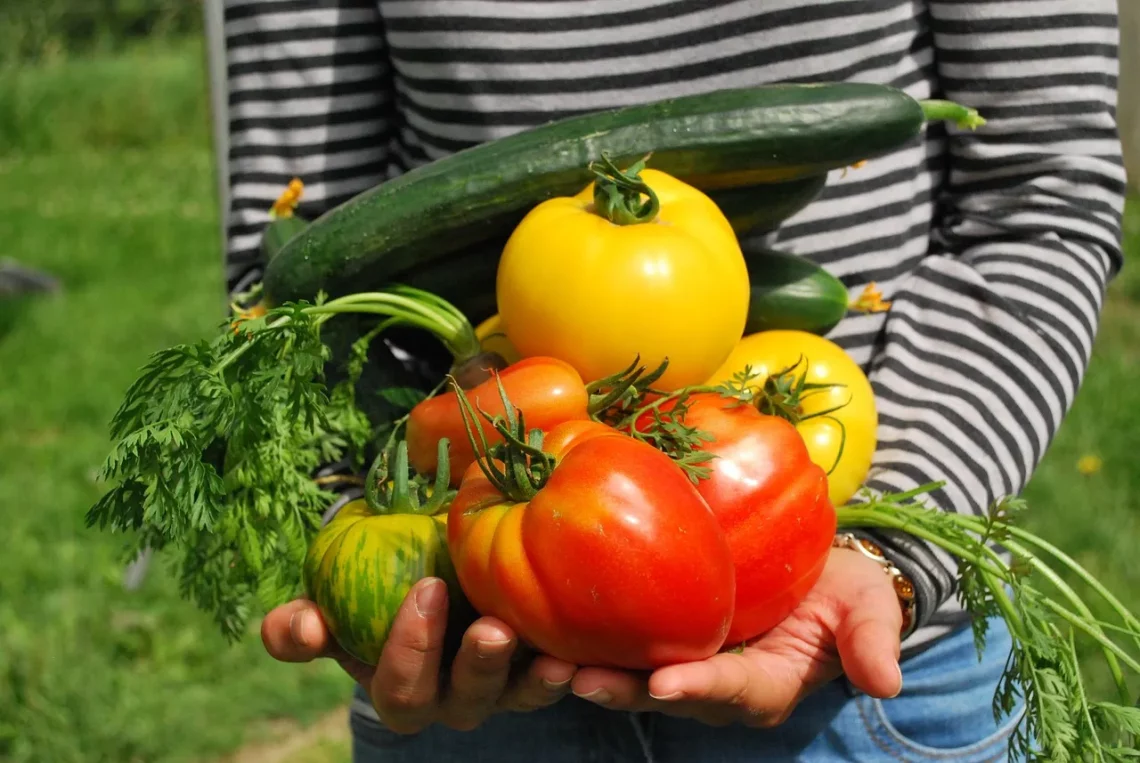
Can Guinea Pigs Have Cabbage in Their Diet?
Guinea pigs are delightful pets known for their playful personalities and gentle nature. As a responsible pet owner, ensuring that they receive a balanced and nutritious diet is crucial for their overall health and well-being. One of the most common questions among guinea pig enthusiasts revolves around the inclusion of vegetables in their diet, particularly cabbage. While guinea pigs are herbivores and thrive on a variety of leafy greens, not all vegetables are equally beneficial for them.
Cabbage, a popular leafy vegetable, is often considered for inclusion in the diets of guinea pigs. However, it’s essential to understand the nutritional components of cabbage, its potential benefits, and any risks associated with feeding it to these small animals. Proper diet management can prevent health issues and keep your furry friends happy and lively. Before introducing any new food, it’s vital to research and understand its implications for your pet’s health. This exploration into cabbage and guinea pigs will provide insights into how this vegetable can fit into their diet safely and effectively.
Nutritional Value of Cabbage
Cabbage is a leafy vegetable that belongs to the Brassica family, which also includes kale, broccoli, and Brussels sprouts. It is rich in vitamins and minerals that can benefit various animals, including guinea pigs. One of the standout features of cabbage is its high vitamin C content, an essential nutrient for guinea pigs, as they cannot synthesize it on their own. Vitamin C plays a critical role in maintaining a healthy immune system, promoting skin health, and aiding in the absorption of iron.
In addition to vitamin C, cabbage is a good source of vitamin K, which is important for blood clotting and bone health. It also contains dietary fiber, which helps in maintaining a healthy digestive system and preventing gastrointestinal issues. Cabbage is low in calories, making it a great option for pets that need to maintain a healthy weight.
However, it is essential to note that cabbage also contains compounds known as goitrogens, which can interfere with thyroid function if consumed in excessive amounts. While guinea pigs do require a varied diet, moderation is key when introducing any new food, including cabbage. Offering small amounts can provide the beneficial nutrients without overwhelming their system with goitrogens.
When considering cabbage as part of your guinea pig’s diet, it can be beneficial to alternate it with other leafy greens to ensure a balanced intake of nutrients. This variety can also keep your pet interested in their food and encourage healthy eating habits.
Benefits of Including Cabbage in Their Diet
Incorporating cabbage into a guinea pig’s diet can offer several benefits, primarily due to its nutritional profile. The high vitamin C content is a significant advantage, as it helps prevent scurvy, a disease that can occur in guinea pigs lacking this essential nutrient. Regularly providing cabbage can contribute to meeting their daily vitamin C needs, particularly when fresh vegetables are not readily available.
The fiber content in cabbage is beneficial for guinea pigs, promoting healthy digestion and preventing issues such as bloating and constipation. A diet rich in fiber supports the normal functioning of their gastrointestinal tract, ensuring that they can process their food effectively. This is particularly vital, as guinea pigs are prone to digestive problems, and a fiber-rich diet can mitigate these risks.
Additionally, cabbage is hydrating, which can be a boon for guinea pigs that may not drink enough water on their own. The moisture content in fresh vegetables can help keep them hydrated and support their overall health.
Moreover, introducing cabbage can provide mental stimulation for guinea pigs. These animals are intelligent and curious, and they enjoy exploring new foods. The crunchiness of cabbage and its distinct taste can entice your pet to engage in foraging behavior, which is beneficial for their mental well-being.
However, it is crucial to introduce cabbage gradually and in moderation. Too much cabbage can lead to digestive upset, including gas and bloating. It’s advisable to observe your guinea pig’s reactions to this vegetable and adjust their diet accordingly.
Potential Risks and Precautions
While cabbage can be beneficial for guinea pigs, there are potential risks associated with its consumption. As mentioned earlier, the presence of goitrogens in cabbage can affect thyroid function if consumed in large quantities. Although guinea pigs are not particularly susceptible to thyroid issues compared to other animals, it’s still important to be cautious and limit the amount of cabbage in their diet.
Additionally, cabbage can cause gas and bloating in some guinea pigs, particularly if they are not used to it. This can lead to discomfort and may require medical attention if the symptoms persist. Signs of gastrointestinal distress may include lethargy, lack of appetite, or changes in stool consistency. If you notice any of these symptoms, it is best to consult a veterinarian to rule out any serious health issues.
It’s also essential to ensure that the cabbage you offer is fresh and free from pesticides or harmful chemicals. Washing the vegetable thoroughly before serving it to your guinea pig can help eliminate any residues. Organic cabbage is a safer option, as it is less likely to contain harmful substances.
Another consideration is the way cabbage is prepared. Raw cabbage is the best option for guinea pigs, as cooking can alter its nutritional value. Steamed or boiled cabbage may lose some of its vitamins, making it less beneficial for your pet. Always serve cabbage raw and in small, manageable pieces to prevent choking hazards.
Lastly, it’s vital to remember that while cabbage can be a part of a guinea pig’s diet, it should not be the primary source of their nutrition. A balanced diet should include hay, fresh vegetables, and high-quality pellets specifically formulated for guinea pigs.
Alternative Vegetables for a Balanced Diet
While cabbage can be a part of a guinea pig’s diet, it’s essential to provide a variety of vegetables to ensure a well-rounded nutritional intake. Many other leafy greens and vegetables can complement cabbage and offer different health benefits.
Kale is an excellent alternative that is rich in vitamins A, C, and K. Like cabbage, it should be fed in moderation to avoid excess calcium, which could lead to urinary tract issues. Another great option is romaine lettuce, which provides hydration and essential nutrients without the risks associated with higher oxalate vegetables.
Bell peppers are also a fantastic addition, as they are high in vitamin C and come in various colors, adding a visual appeal to your pet’s diet. Carrots can be provided occasionally as a treat due to their higher sugar content, while zucchini offers hydration and fiber.
Green beans and cucumber are also suitable options, providing variety and freshness. When introducing new vegetables, it’s important to do so gradually, ensuring that your guinea pig adjusts well without any digestive issues.
In conclusion, while cabbage can be a nutritious addition to a guinea pig’s diet, it should be offered in moderation alongside a variety of other vegetables. A diverse diet will keep your guinea pig healthy, happy, and engaged.
**Disclaimer:** This article is not intended to provide medical advice. If you have health concerns regarding your guinea pig, please consult a veterinarian for professional guidance.




